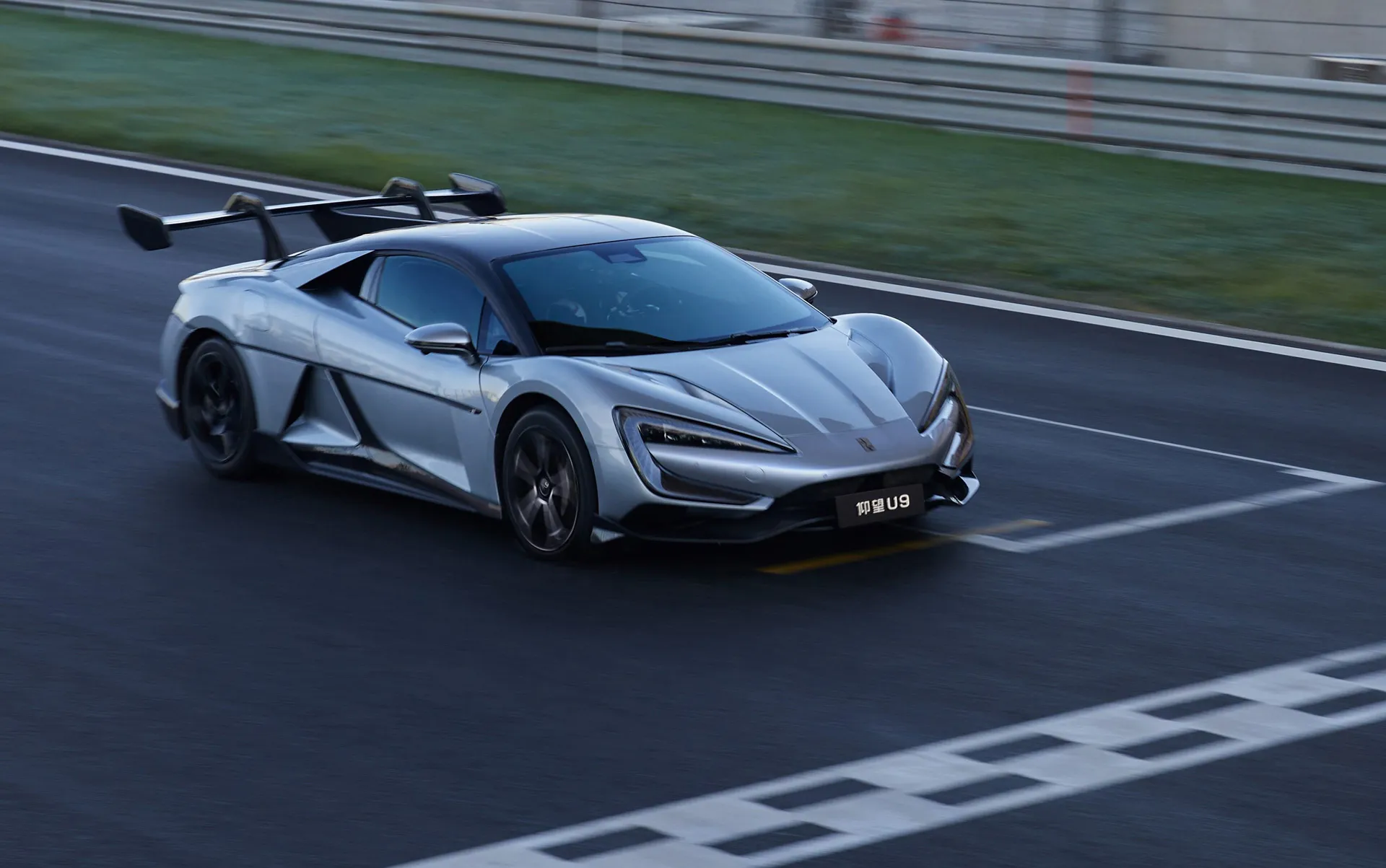Can synthetic fuels save the internal combustion engine?

Automakers such as BMW and Porsche are exploring synthetic fuels as a way to keep internal combustion engines viable in the face of tightening emissions standards. However, Engineering Explained host Jason Fenske is skeptical of this new fuel technology.
While gasoline and diesel are refined from naturally occurring petroleum, synthetic fuels combine different molecules to create substances that work like conventional fossil fuels in internal combustion engines.
Fenske notes that this process must be carbon neutral because one component of most synthetic fuels is carbon taken from the atmosphere. This means that although the combustion of synthetic fuels emits carbon, in theory this carbon is offset by capturing it to produce further fuel. Also, unlike fossil fuels, synthetic fuels can be produced at any time.
In addition to maintaining the performance of gasoline-powered vehicles, synthetic fuels have one of the major advantages of gasoline: energy density. While they can't match gasoline in energy density, they are far superior to hydrogen and the lithium-ion batteries used in today's electric vehicles, Fenske says. [But for synthetic fuels to be cleaner than gasoline, Fenske says, they must be produced from renewable energy sources. This is not the case for electric cars, which have a very low carbon footprint even when recharged from the dirtiest power grid." [While the process of producing synthetic fuel, transporting it, and burning it in an internal combustion engine is more complex, charging an electric vehicle is a fairly simple process.
As a result, less of the energy put into synthetic fuel actually goes to the wheels, Fenske said, citing recent research. Synthetic fuel may be suitable for aviation and marine applications due to its high energy density, but it would still be very expensive, Fenske concluded.
These problems are not stopping automakers from experimenting with synthetic fuel. Porsche is testing it in its race cars and is supporting an experimental plant in Chile. Last year, BMW invested in Prometheus Fuels, claiming that the company would be able to sell synthetic fuel at prices close to those of gasoline.


